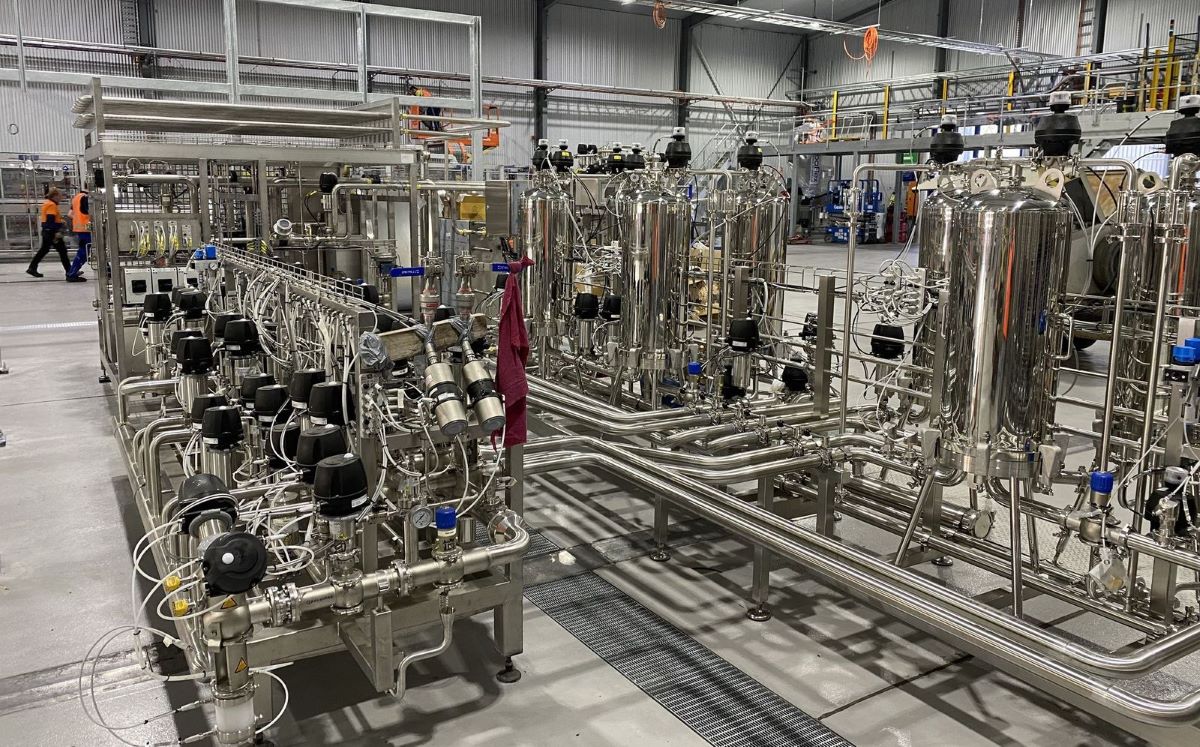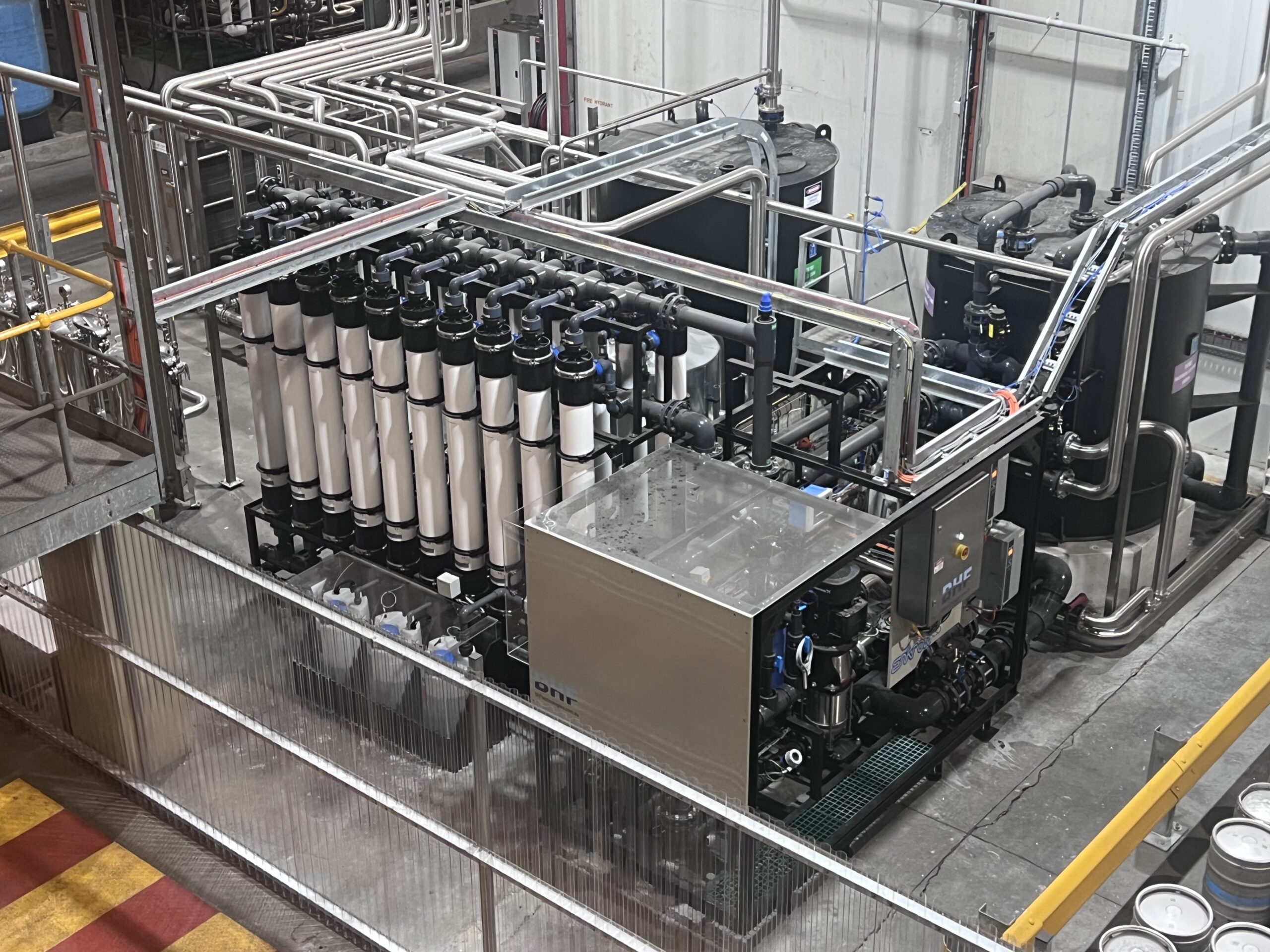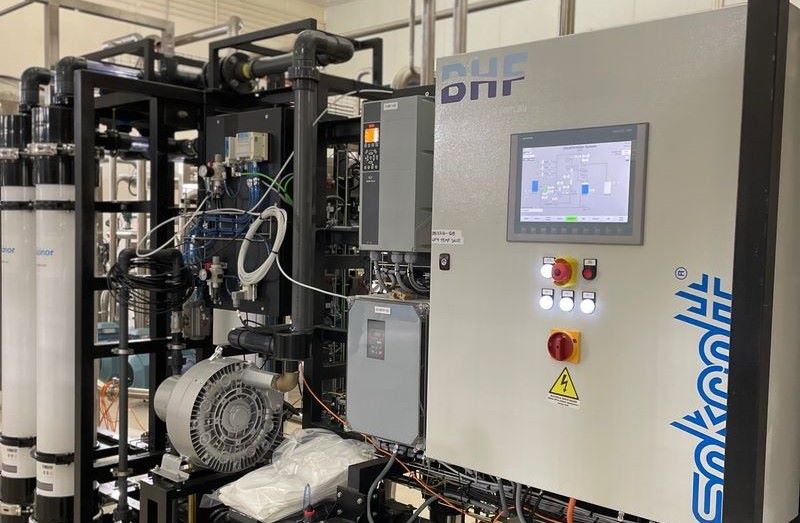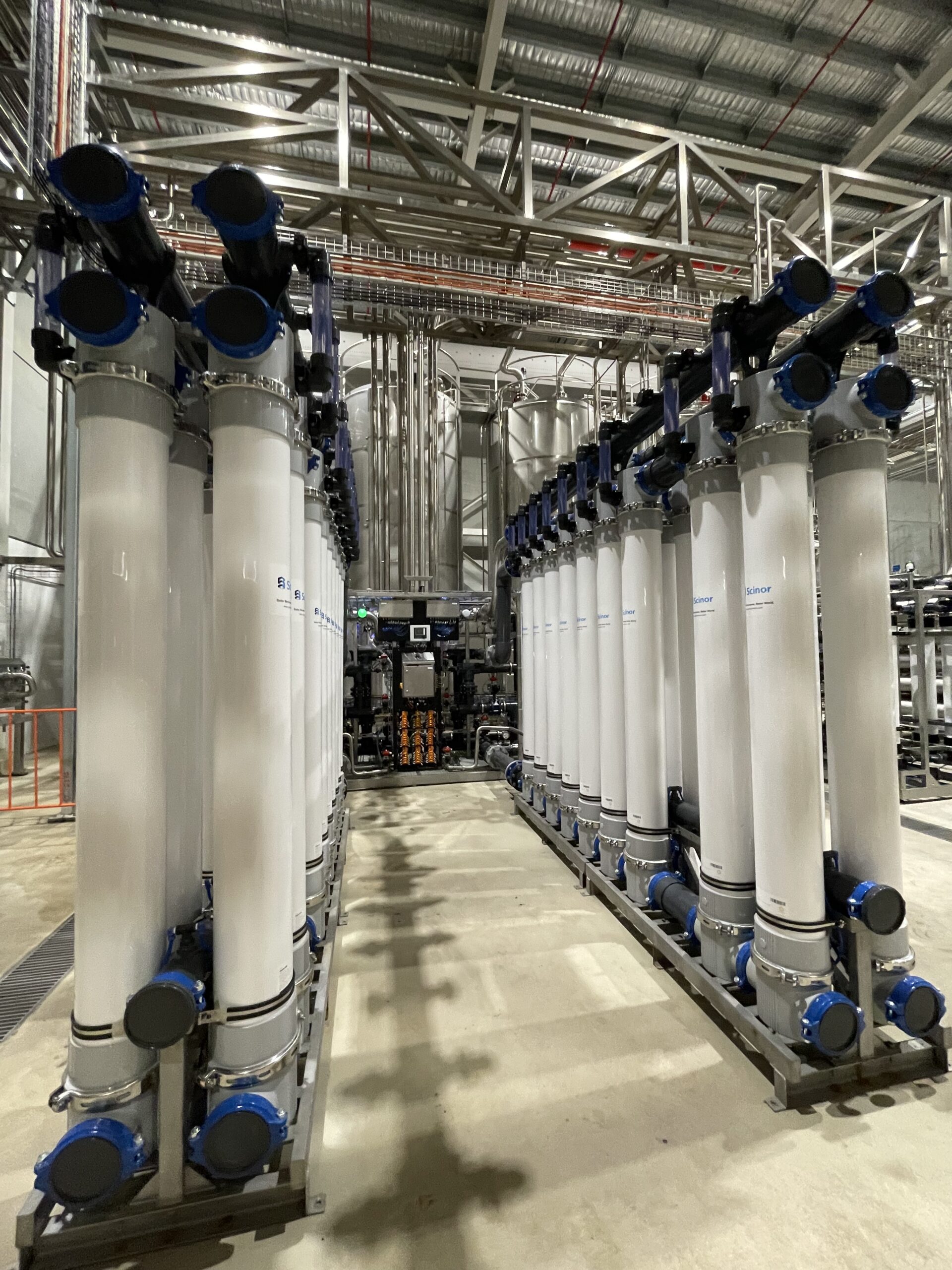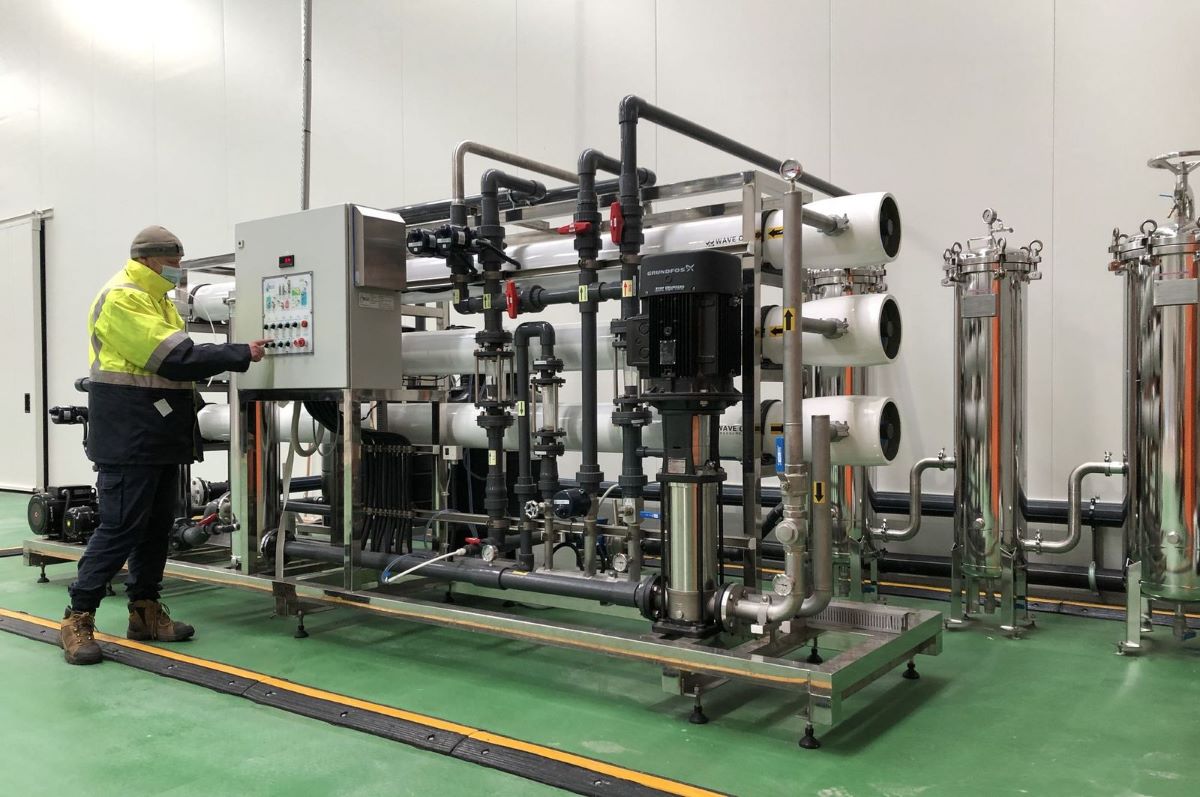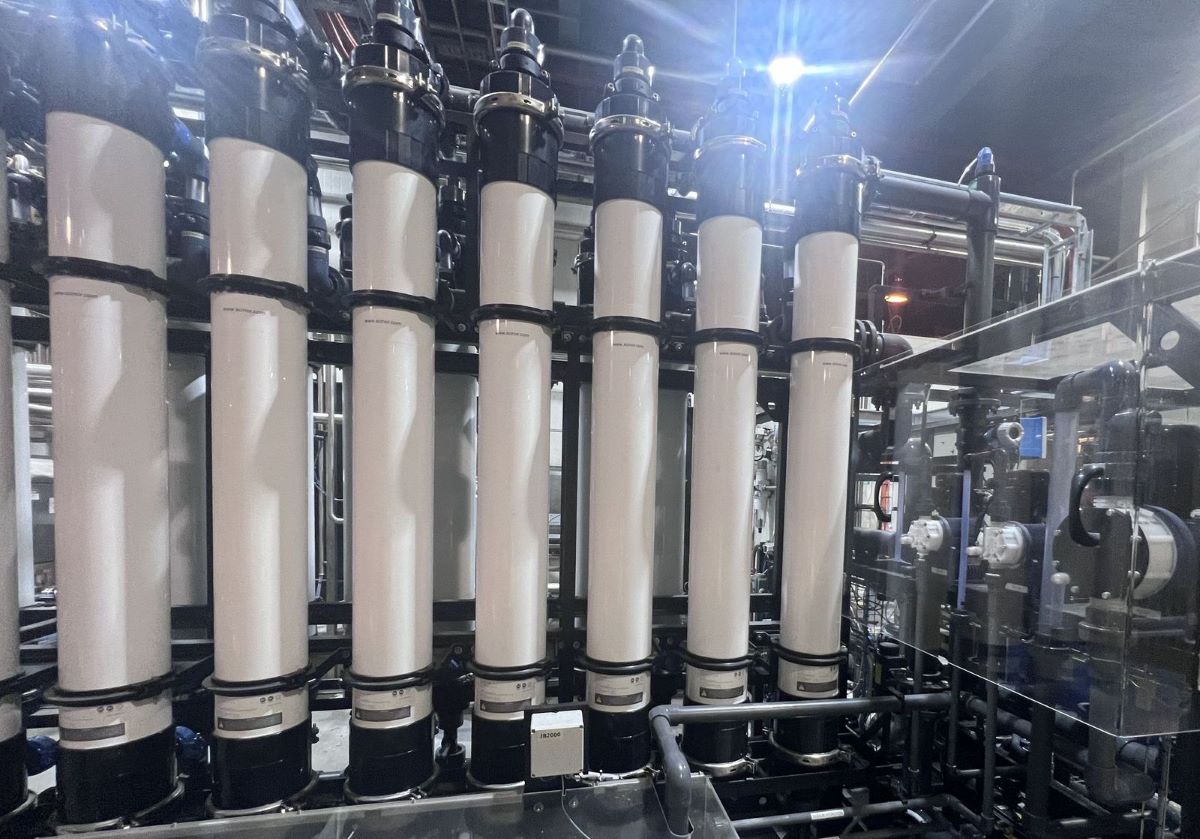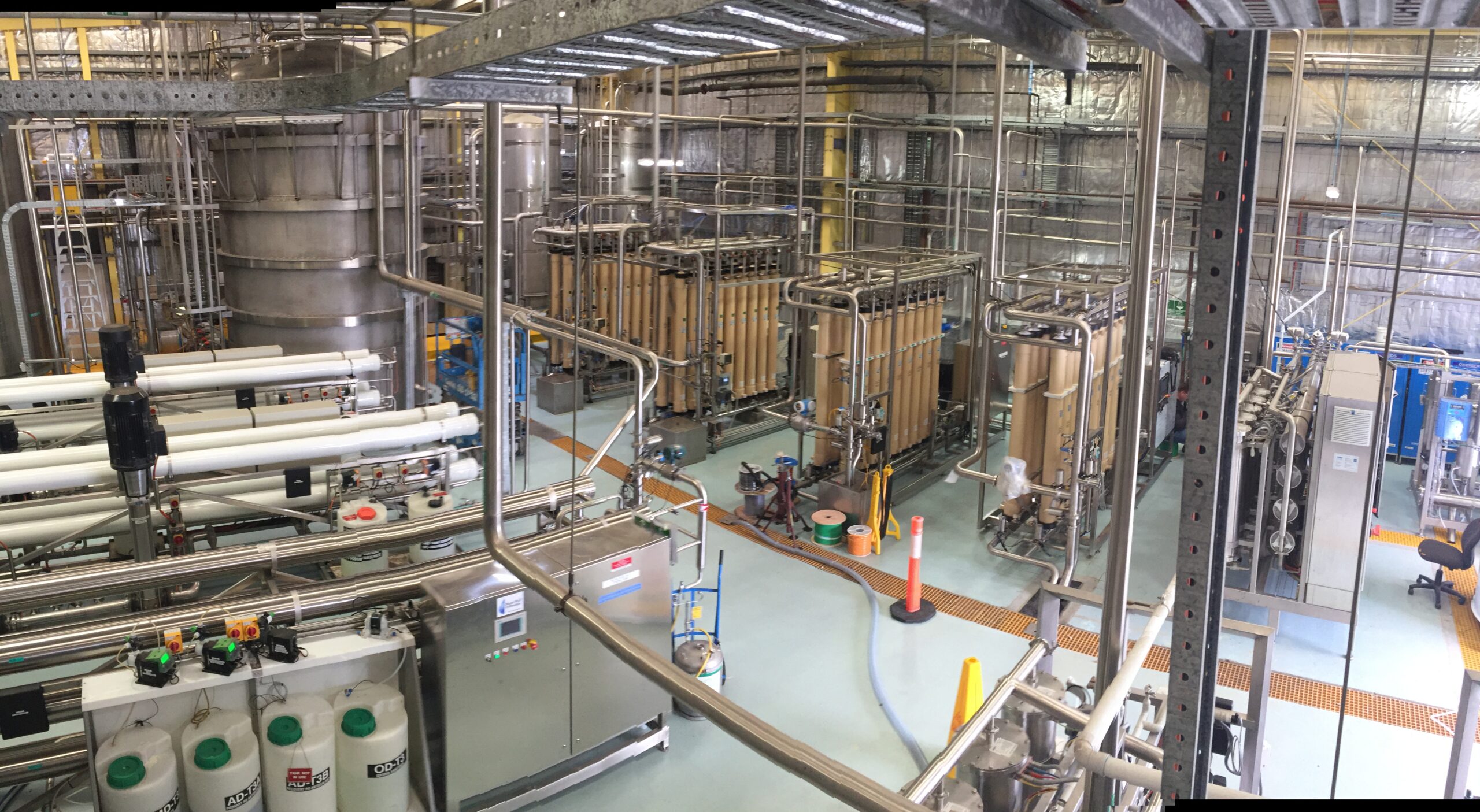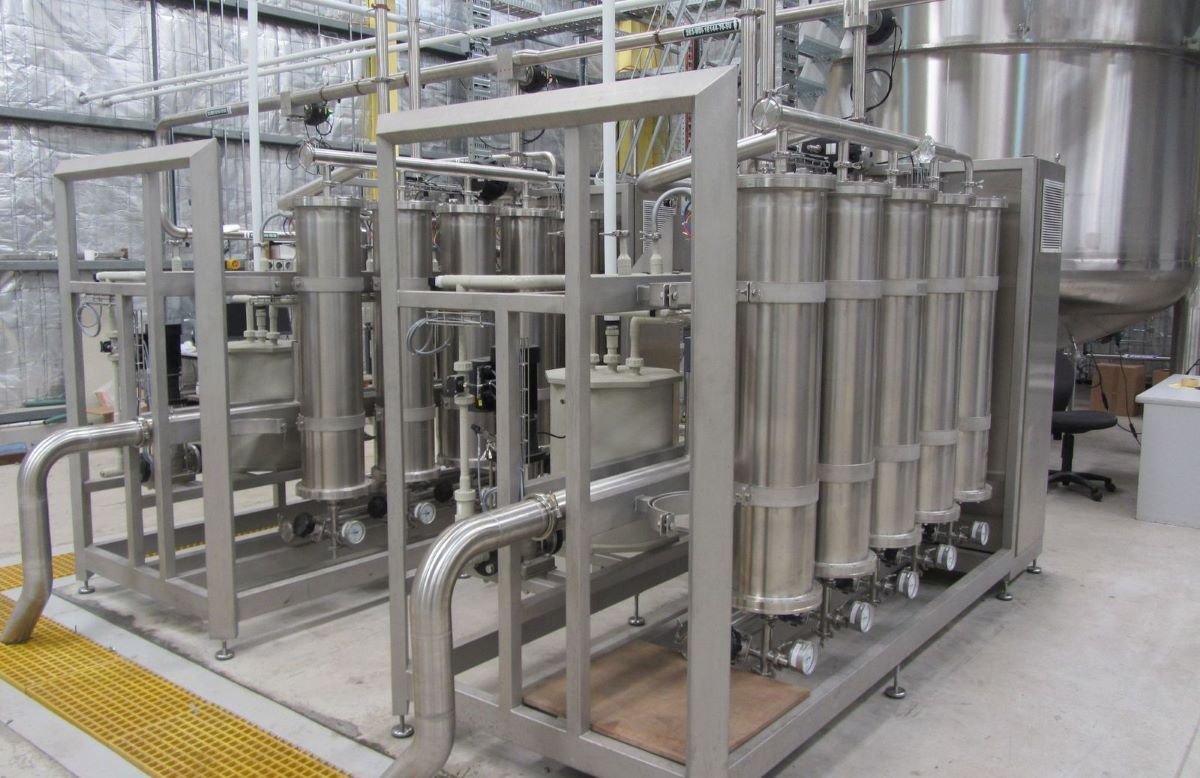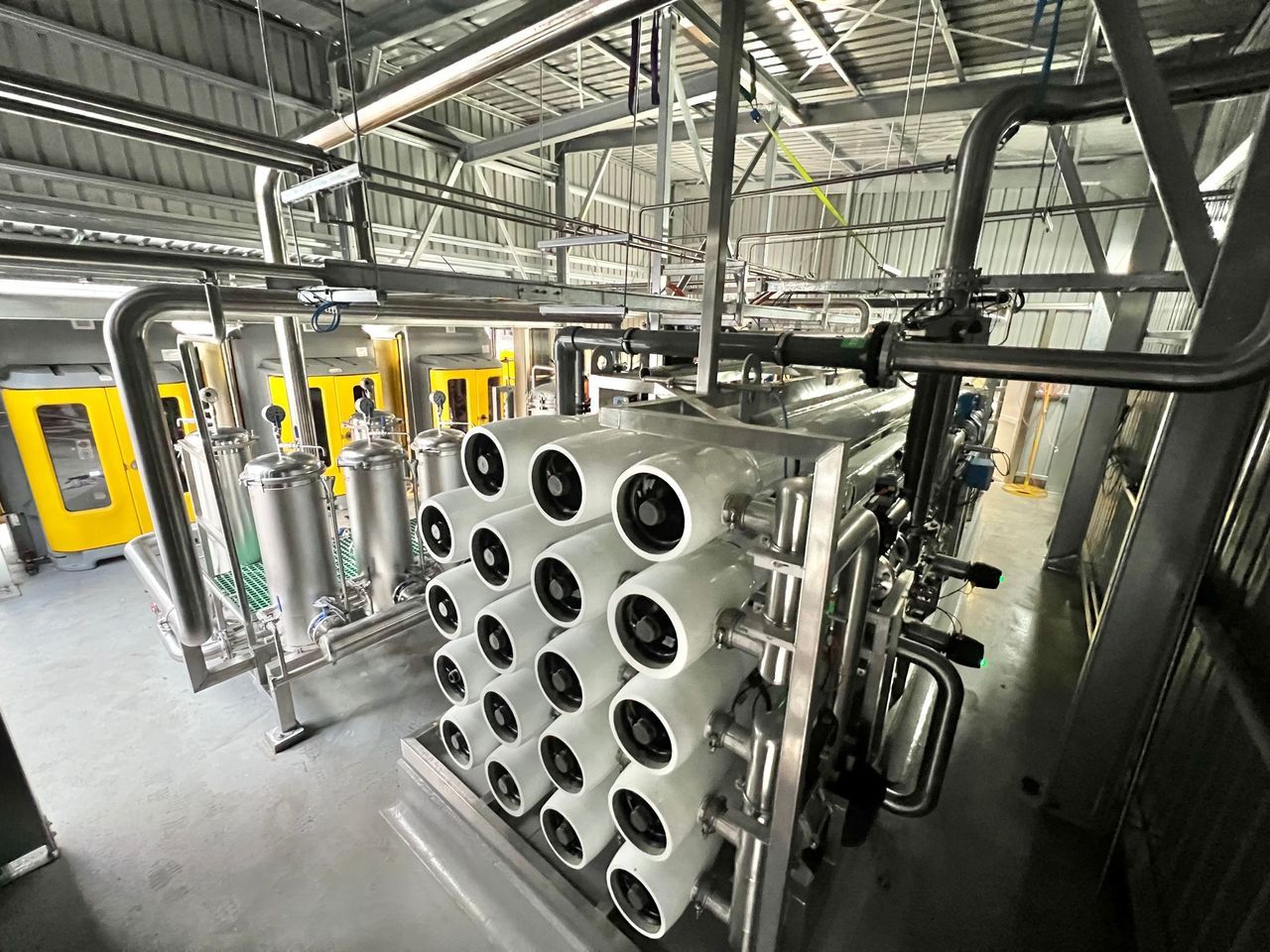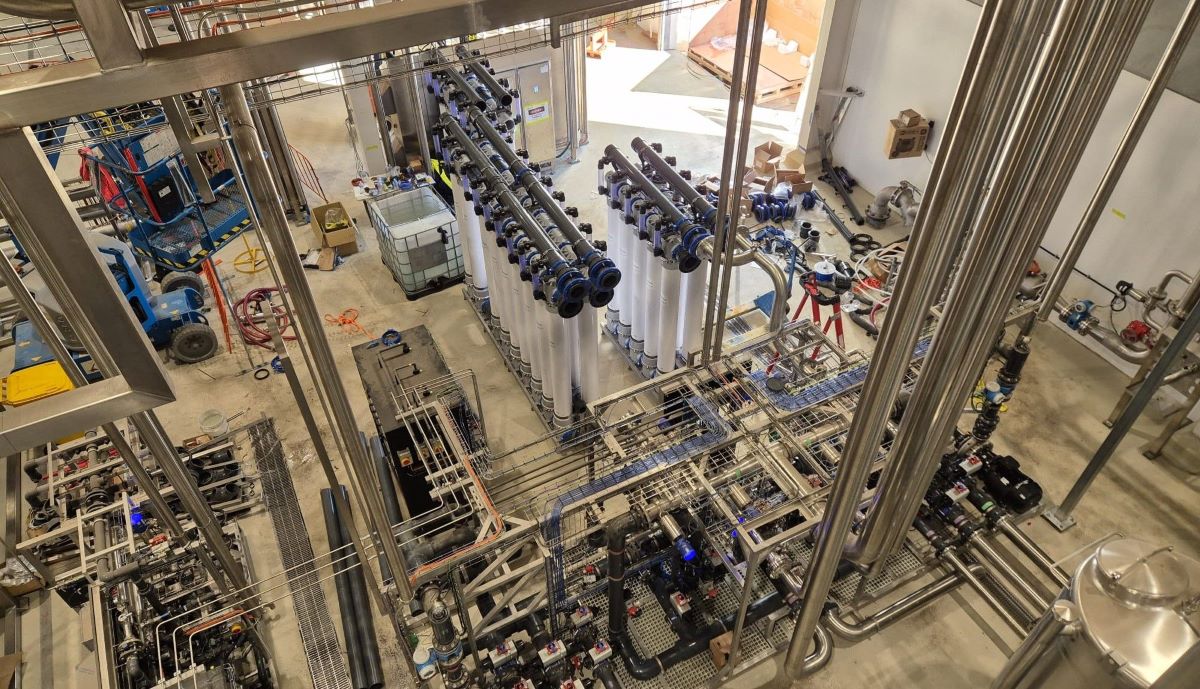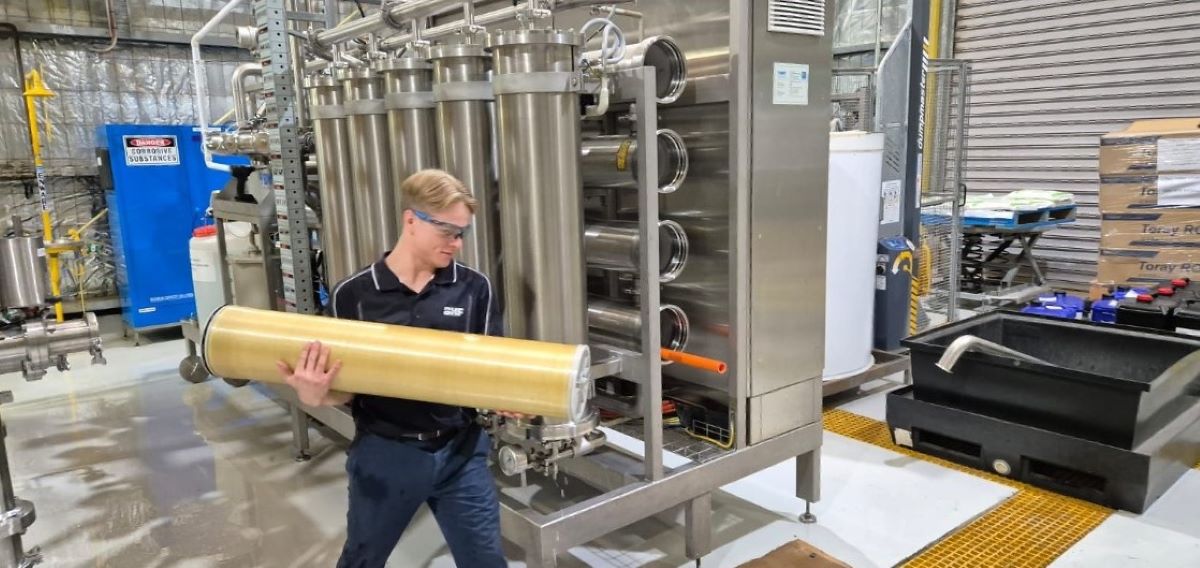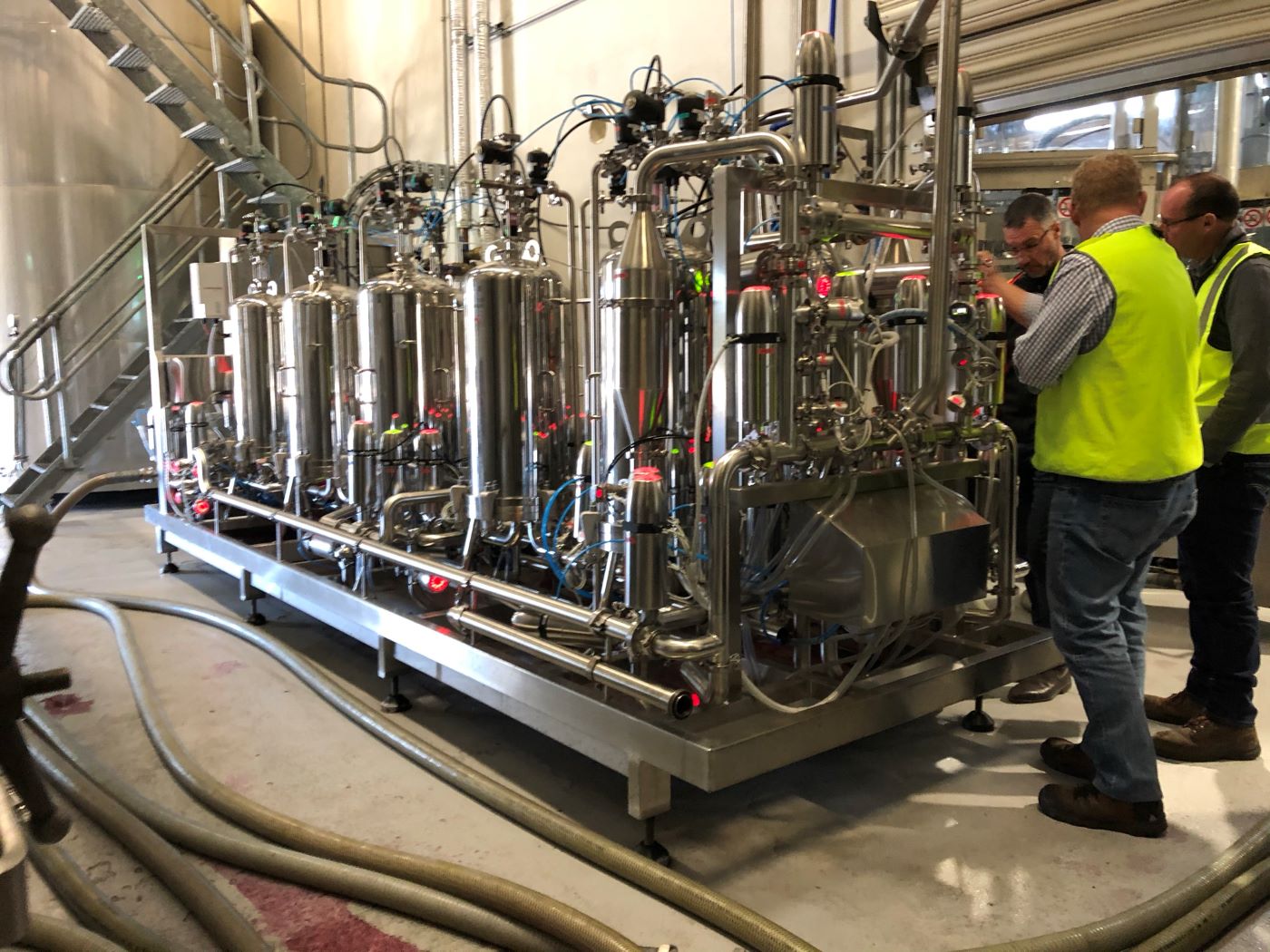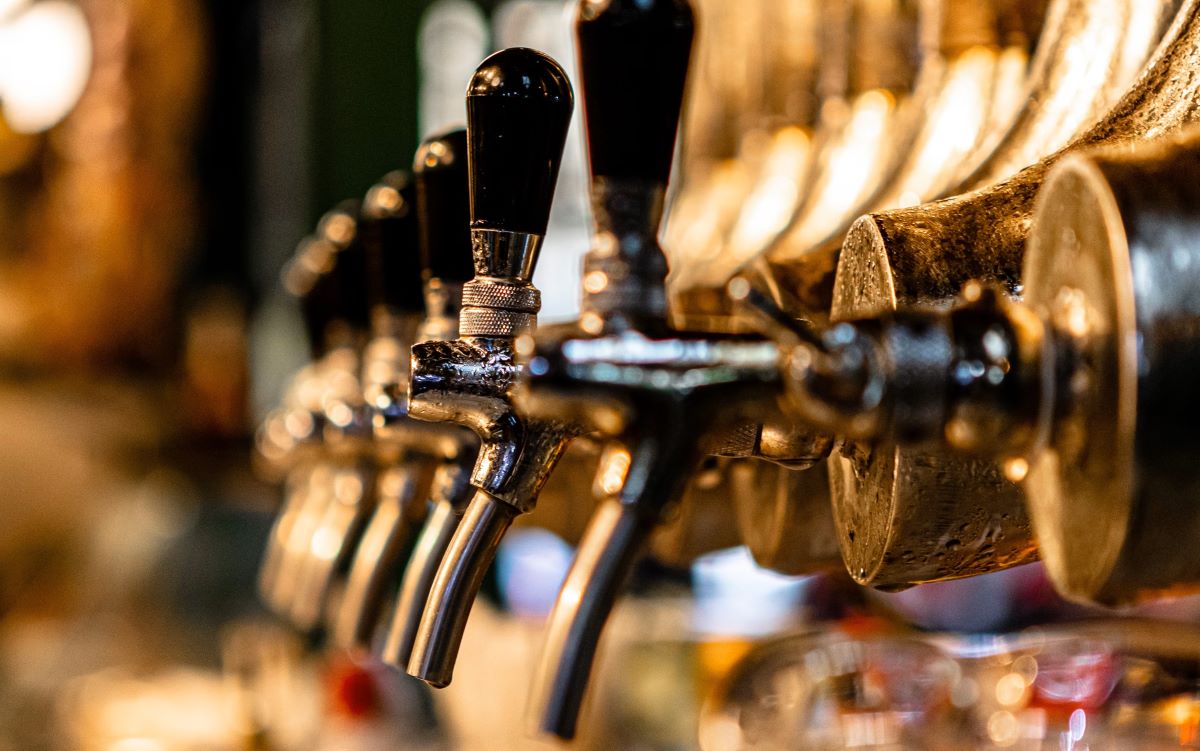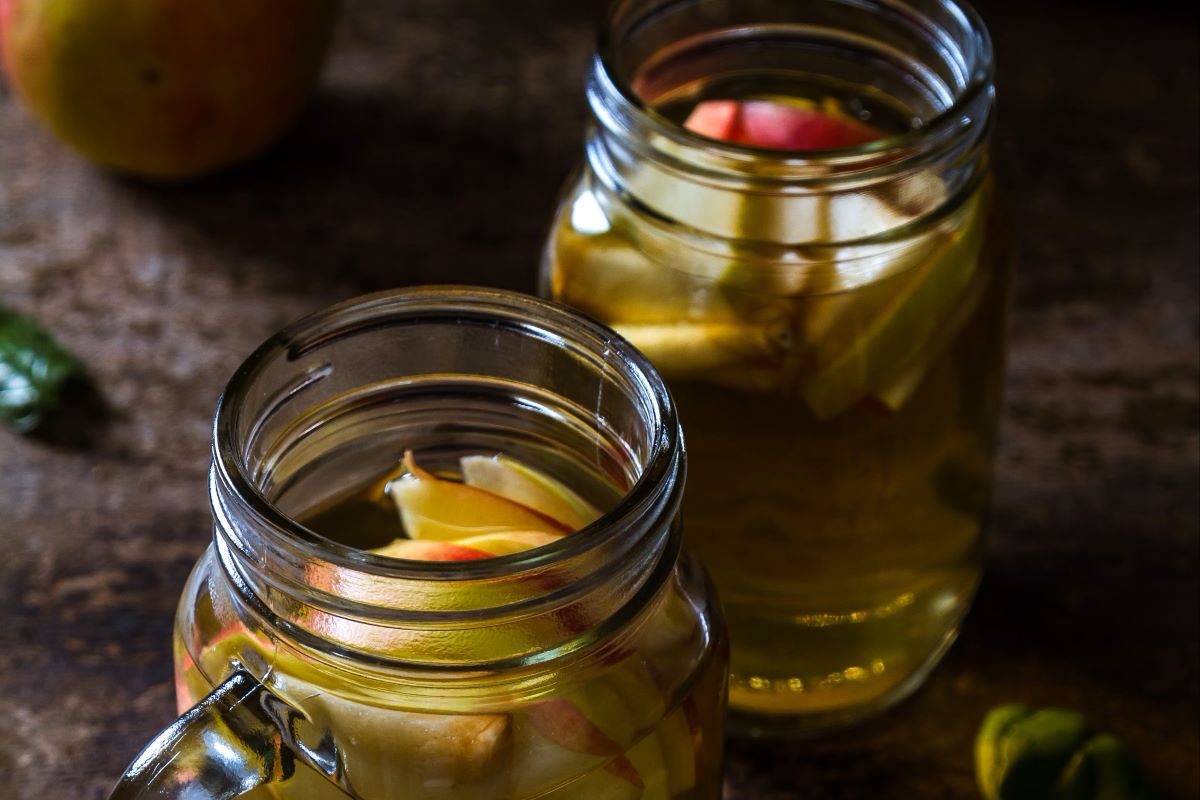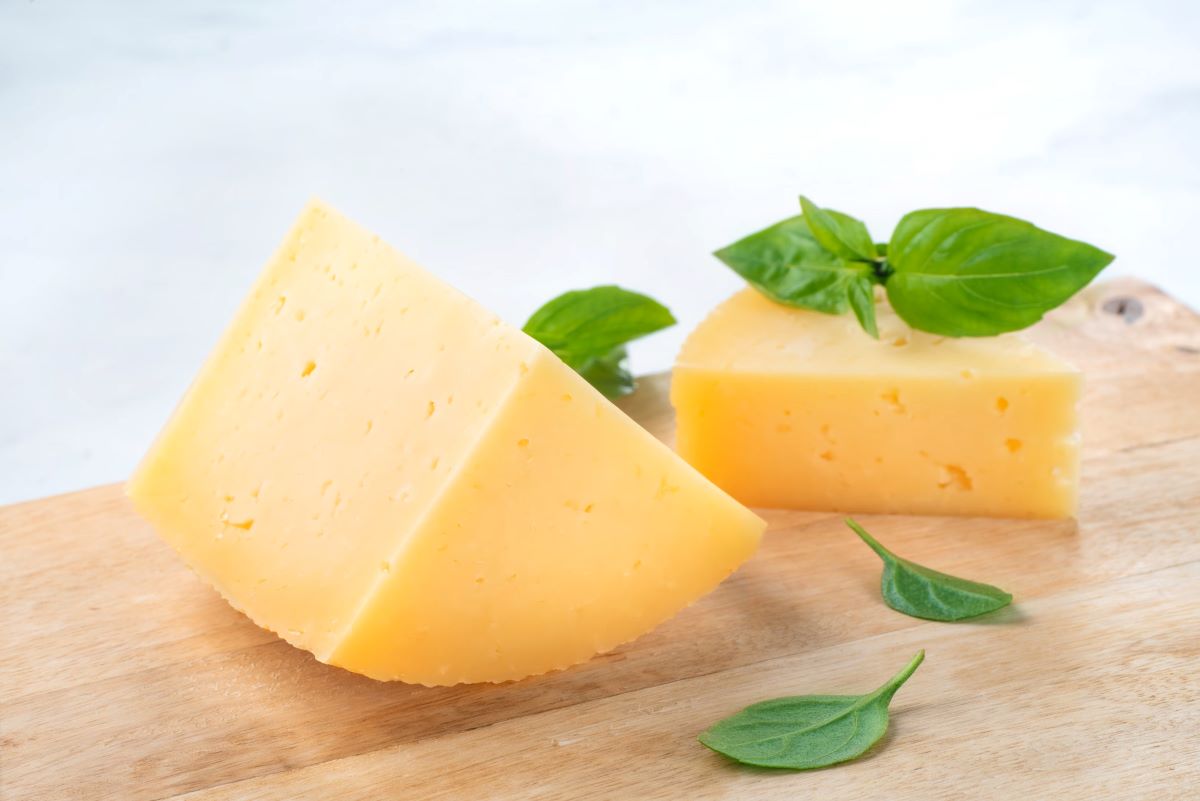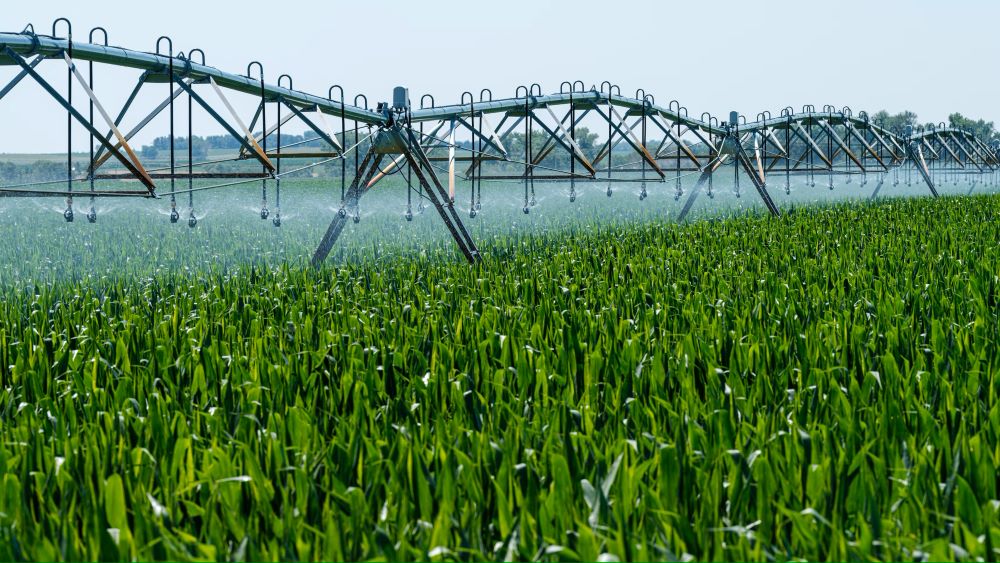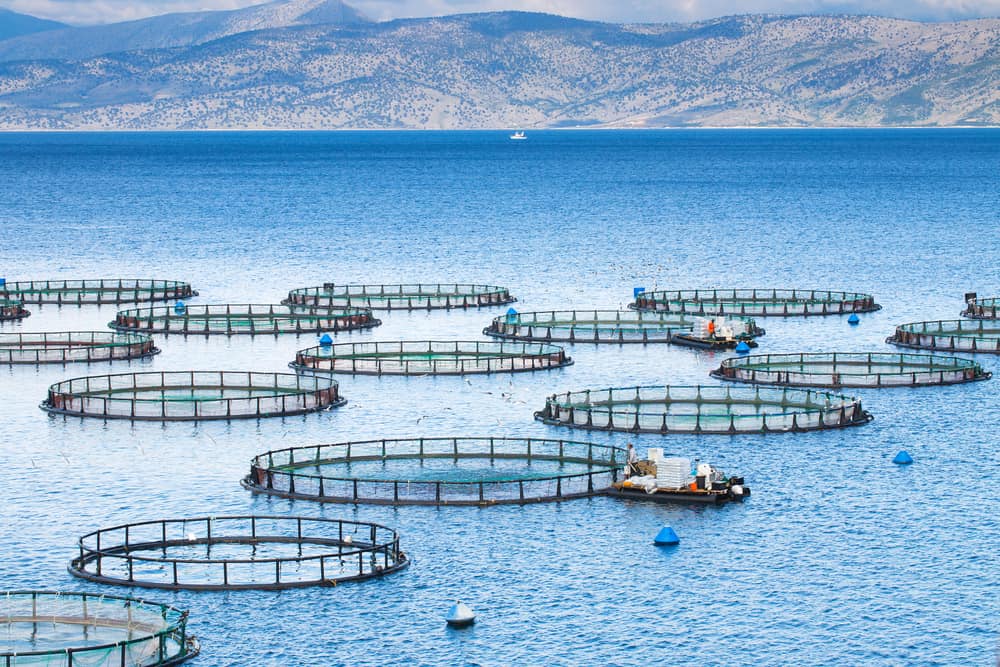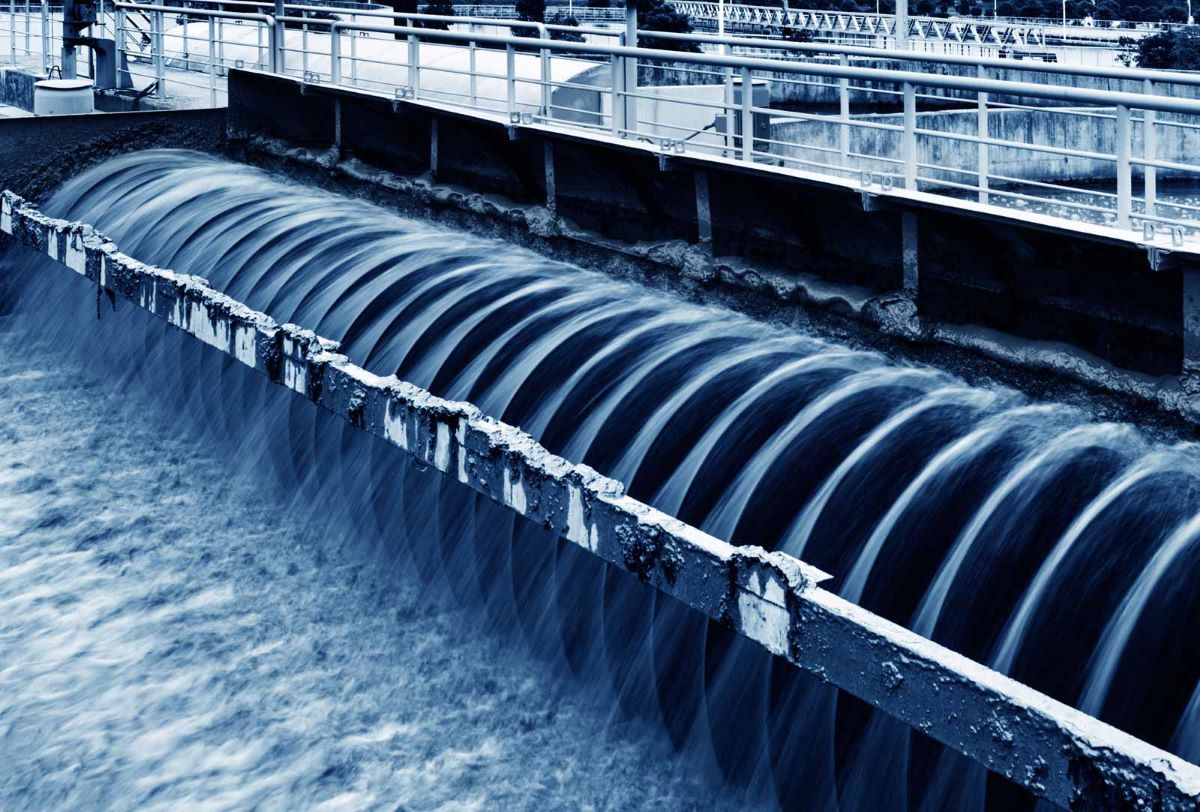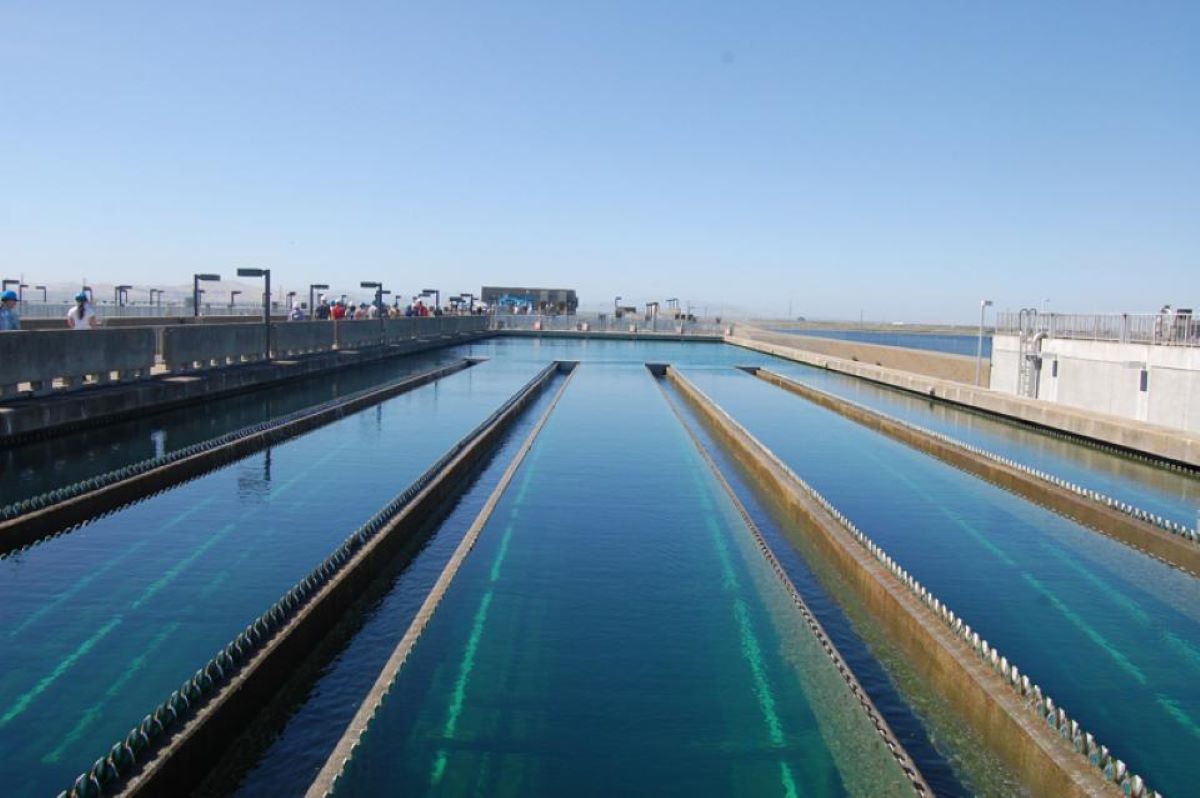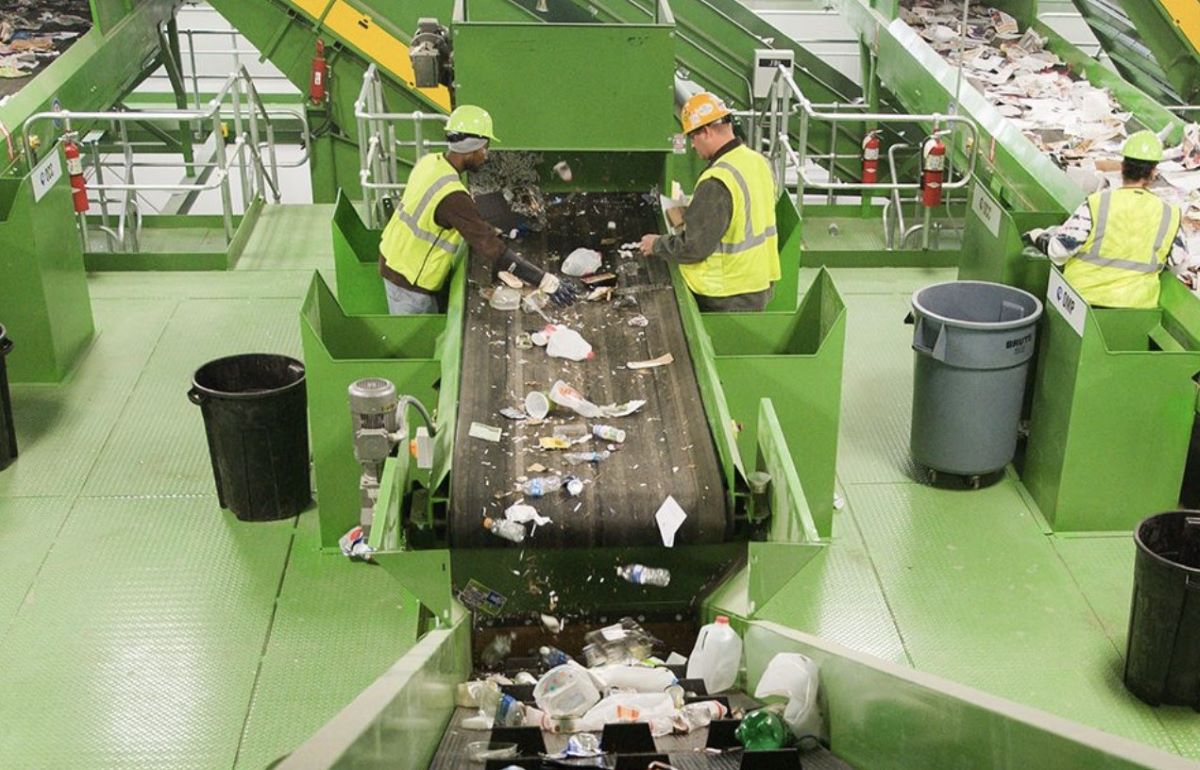Commercial Bentonites Compared
In order to remove heat unstable proteins from wine, the addition of bentonite, a clay, composed of aluminium silicates (Rankine & Emerson, 1963) is rehydrated in water and added to juice or wine. Heat unstable proteins are almost exclusively derived from grapes, however the presence of non-grape derived proteins may influence the total wine stability through their interaction with non-protein stability factors (Batista et al, 2009). Protein haze forms in finished wine when heat unstable proteins denature as a result of temperature fluctuations. A number of factors can influence the formation of protein hazes with each wine being unique in terms of its protein stability, consequently bentonite fining trials are required for all wines to determine the addition rates required in order to remove all heat unstable proteins (Hsu & Heatherbell, 1987). Adsorption of the wine proteins onto the bentonite sheets occurs as a result of charge differentials and the proteins are removed. This method of protein stabilisation is almost universally practiced in winemaking, resulting in bentonite being the most commonly used fining agent in white wine production.




